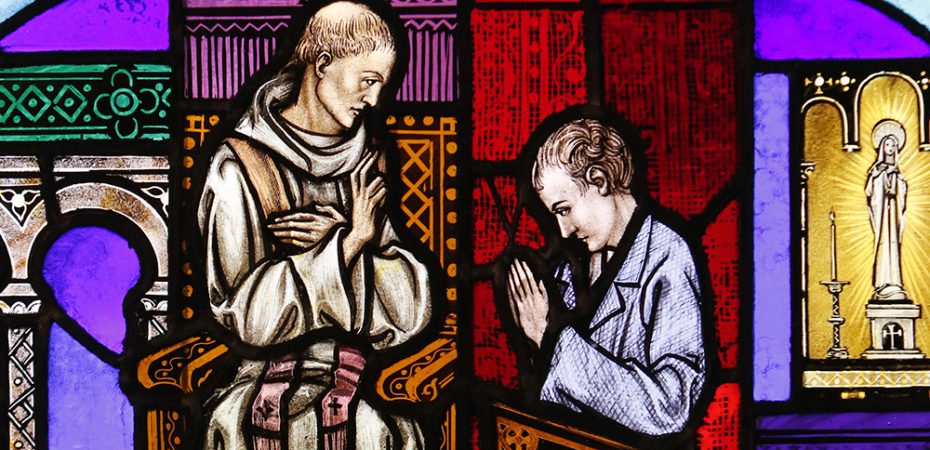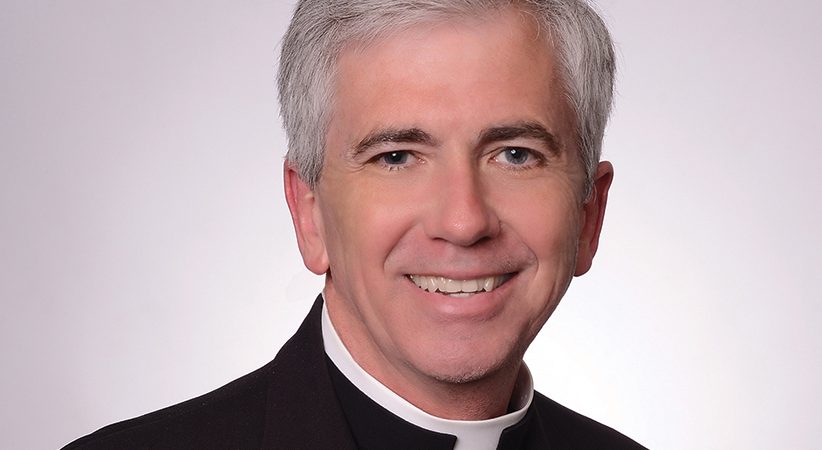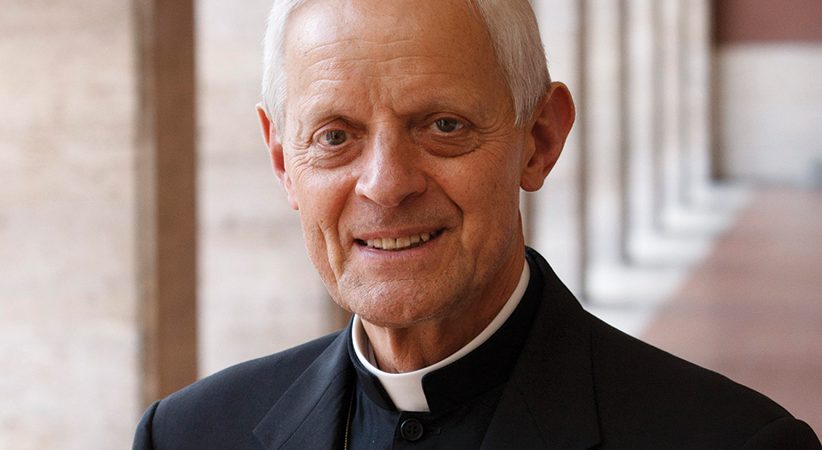Back to What Matters Most
Refocusing energy, time and resources on the faithful and the sacraments
Msgr. Michael Heintz Comments Off on Back to What Matters Most
The unpredictability and consequent instability of the past five months has brought home to all Catholics, and priests perhaps even more so, the absolute necessity of sacraments for our life. With numerous restrictions in place, civil and ecclesiastical, for the first time in its history the entire Catholic world has lived under something of a self-imposed interdict, in some places experienced with greater rigor than in others.
What this whole experience should reinforce for all of us is how vital the sacraments are for our people and for our own life and ministry as priests. Until the public celebration of the sacraments had been suspended, I suspect many of us took for granted our freedom to celebrate with hardly a worry baptisms, marriages, confessions and anointings of the sick. The scourge of COVID-19 suddenly meant that those privileged moments were taken from us and (even more importantly) from the souls entrusted to our care.
The sacraments are not merely one activity among many others that characterize the life of the Church; the sacraments are the life of the Church, for in and through them Christ continues to act by the power of his Spirit to give life, to heal, to forgive and to nourish and strengthen his people, drawing them more deeply into his own life and communion with the Father.
At both a parochial and diocesan level, we are often introduced to various programs that are designed and marketed to enrich the life of the parish or school or diocese. These are, no doubt, well-intentioned, often well-crafted and frequently helpful aids to the Church and its mission. Faced with declining numbers, our temptation is to see these programs as the way forward. I won’t dispute that they can have value. But I am also worried that we can invest so much energy, time and money in them that we can be tempted to make them the center of our parish or diocesan life. Additionally, because we can find ourselves competing with local mega-churches, those nondenominational big-box organizations that have a large draw (their retention and turnover rates are other questions entirely), and have lots of glitz and glam designed to appeal to folks — big screens, live bands, “contemporary” worship and even coffee bars — we can be tempted to try and replicate, through our own programming and in our own catholicized versions, what they offer. My nobler and wiser instincts relentlessly suggest to me: Don’t do it.
Rather than seek to replicate what we see in the “successful” (a category drawn from the idiom of business, not the Gospel) mega-churches or to put our trust in the latest promising program, we ought to refocus our energy, time and resources on the faithful and generous celebration of the sacraments. After all, it’s what we do. It’s what we have to offer. And it’s something no one else can. Don’t misunderstand me: Programs are not something to eschew, but neither are they the place where our greatest efforts should be placed; after all, think back on all the various programs we’ve been told are going to save the Church. Where are they now? They all have an expiration date, so to speak, because each of them is utterly time-bound and reflects generational emphases, interests or approaches. But the sacramental riches of the Church are timeless.
Now that churches have reopened, are we making the sacraments truly available — are our times for confession generous and crafted around the convenience of our parishioners, rather than our own? Do we make the Sacrament of the Anointing of the Sick known and accessible to those who are in need of its graces? Do we celebrate the Mass with the dignity and the joy that befits the source and summit of our life? Are we trusting enough of the Church to celebrate the sacraments as the Church has given them to us, avoiding the temptation to “enhance” them by introducing our own personal preferences, whether importing elements from the extraordinary form into the ordinary form or alternately by selectively ignoring rubrics to fit our own taste, seeking to make the celebration more “relevant”? Do we give due attention to the hymnody we use — both in terms of text (hymns teach after all) and the quality of the music itself?
The sacraments are at the heart of our priestly life and vocation. And they have been entrusted to us, not principally for ourselves, but for the souls entrusted to our care. Our watchwords should be generosity and fidelity. And we can then leave the rest to God.
MSGR. MICHAEL HEINTZ, a priest of the Diocese of Fort Wayne-South Bend, serves as academic dean and director of intellectual formation at Mount St. Mary’s Seminary in Emmitsburg, Maryland.





